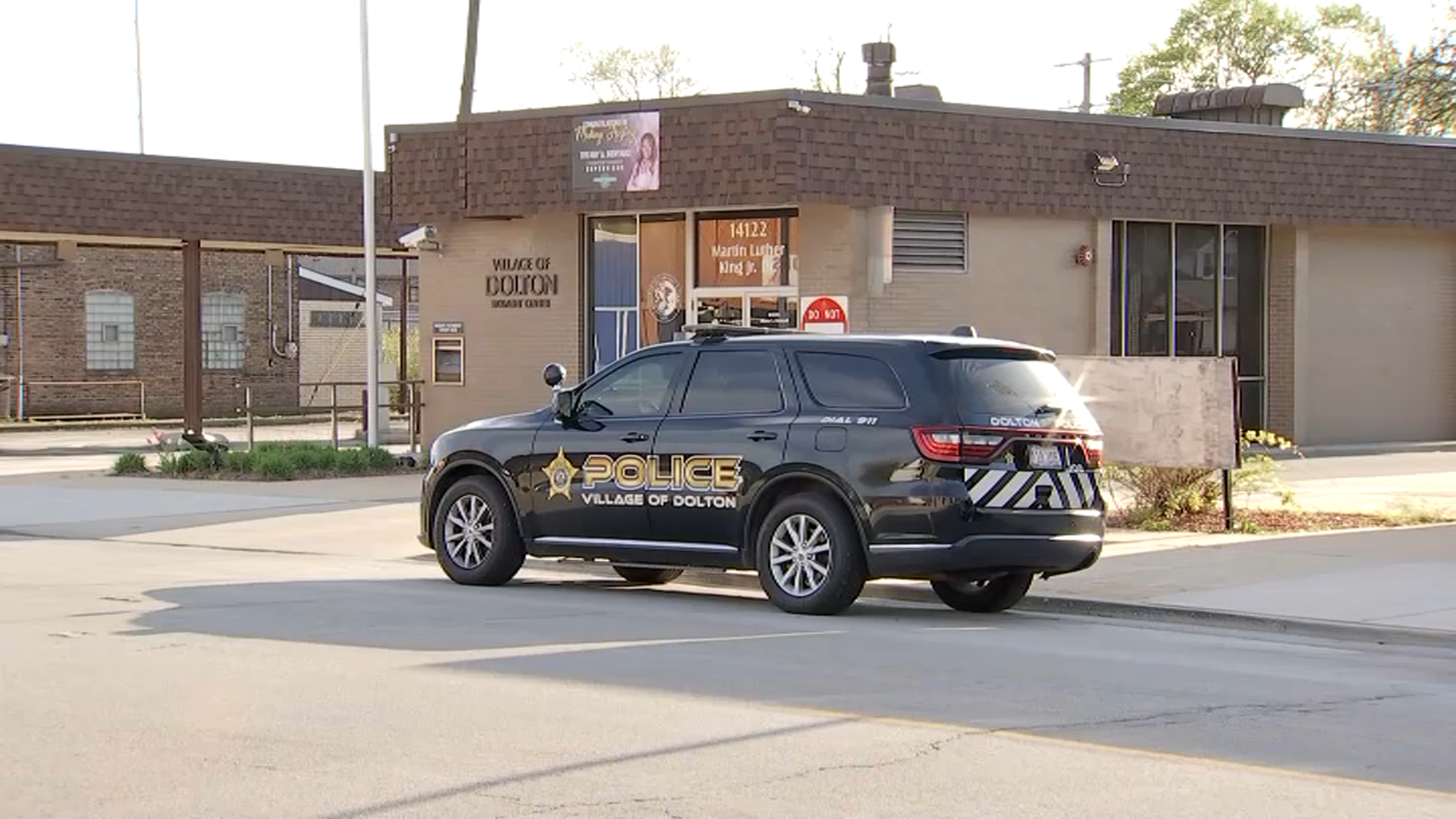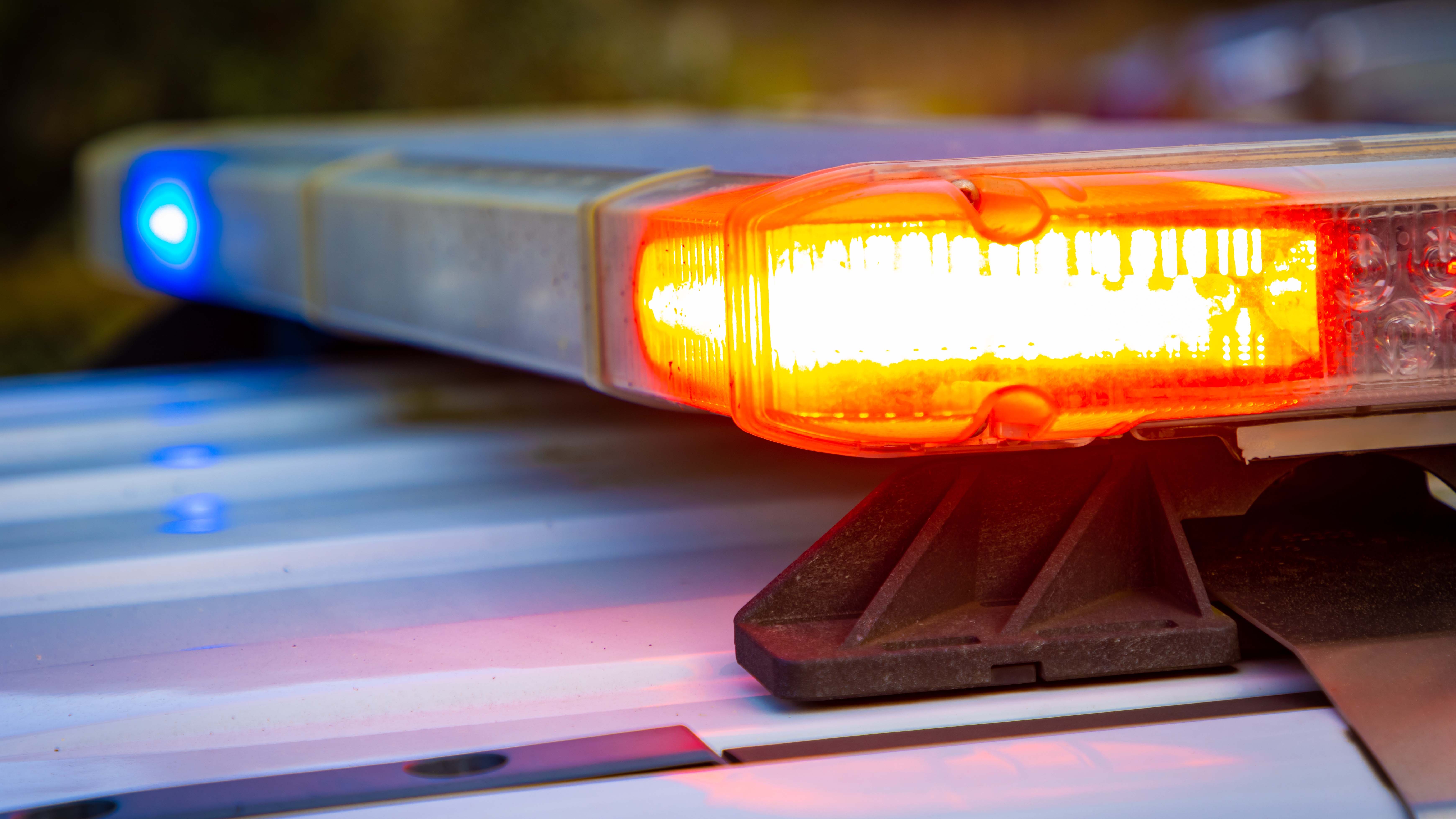Now that Pfizer has made a formal request to the Food and Drug Administration to extend emergency use of its COVID-19 vaccine to children ages 5 to 11, what should parents know?
The two-dose Pfizer vaccine is already authorized in teens aged 12 to 15 and fully approved for ages 16 and up. But with kids now back in school, the holidays near and the extra-contagious delta variant causing a jump in pediatric infections, many parents are anxiously awaiting vaccinations for their younger children.
Here's what you should know:
What is the latest update?
Feeling out of the loop? We'll catch you up on the Chicago news you need to know. Sign up for the weekly Chicago Catch-Up newsletter here.
Pfizer and its German partner BioNTech said Thursday they have made a formal request to the Food and Drug Administration to extend emergency use of its COVID-19 vaccine in children ages 5 to 11.
If U.S. regulators agree, shots could begin within a matter of weeks.
"We're committed to working with the FDA with the ultimate goal of helping protect children against this serious public health threat," Pfizer tweeted.
Local
What needs to happen before vaccines for kids will be authorized?
The FDA will have to decide if evidence is strong enough to expand use to youngsters. An independent expert panel will publicly debate the evidence on Oct. 26.
If the FDA authorizes emergency use of the kid-sized doses, there’s another hurdle before vaccinations in this age group can begin.
Advisers to the Centers for Disease Control and Prevention will decide whether to recommend the shots for youngsters, and the CDC will make a final decision.
If approved, Chicago's top doctor said she anticipates kids could begin receiving vaccinations in early November.
"We are likely, maybe going to be able to start vaccinating 5-to-11-year-olds early November - Pfizer, you know," Chicago Department of Public Health Commissioner Dr. Allison Arwady said during a press conference Tuesday.
Moderna and Johnson & Johnson are still testing their shots for young children in the U.S., with Moderna expected to submit its data to the FDA first. Last month, acting FDA commissioner Dr. Janet Woodcock said her agency would move "as quickly as we can" to review any data about the three vaccines.
Is the vaccine safe for children?
Pfizer and BioNTech recently announced topline results of trial data that found the vaccine to be safe, while prompting a "well tolerated" and "robust" antibody response among the younger, targeted group.
Many Western countries so far have vaccinated no younger than age 12, awaiting evidence of what's the right dose and that it works safely. Cuba recently began immunizing children as young as 2 with its homegrown vaccines and Chinese regulators have cleared two of its brands down to age 3.
Both Moderna and Pfizer have clinical trials underway for their coronavirus vaccines for kids under the age of 12 that have been going on for months.
According to a Pfizer spokesperson, Phases 2 and 3 of their clinical studies were launched in June, testing the vaccine on children between the ages of 6 months and 11 years old.
The results of studies on both vaccines were pushed back when the FDA asked both manufacturers to enroll more children. The request came after reports of myocarditis in some vaccine recipients under the age of 30.
While kids are at lower risk of severe illness or death than older people, more than 5 million children in the U.S. have tested positive for COVID-19 since the pandemic began and at least 460 have died, according to the American Academy of Pediatrics. Cases in children have risen as the delta variant swept through the country.
Will it be the same dosage as adults?
For elementary school-aged kids, Pfizer tested a much lower dose — a third of the amount that’s in each shot given now. Yet after their second dose, children ages 5 to 11 developed coronavirus-fighting antibody levels just as strong as teenagers and young adults getting the regular-strength shots, Dr. Bill Gruber, a Pfizer senior vice president, told The Associated Press.
Pfizer said it studied the lower dose in 2,268 kindergartners and elementary school-aged kids. The FDA required what is called an immune “bridging" study: evidence that the younger children developed antibody levels already proven to be protective in teens and adults.
The study still is ongoing, and there haven't yet been enough COVID-19 cases to compare rates between the vaccinated and those given a placebo — something that might offer additional evidence.
What about side effects?
The kid dosage also proved safe, with similar or fewer temporary side effects — such as sore arms, fever or achiness — that teens experience, Gruber said.
What about younger children?
Moderna is still studying its shots in elementary school-aged children. Pfizer and Moderna are studying even younger tots as well, down to 6-month-olds. Results are expected later in the year.



